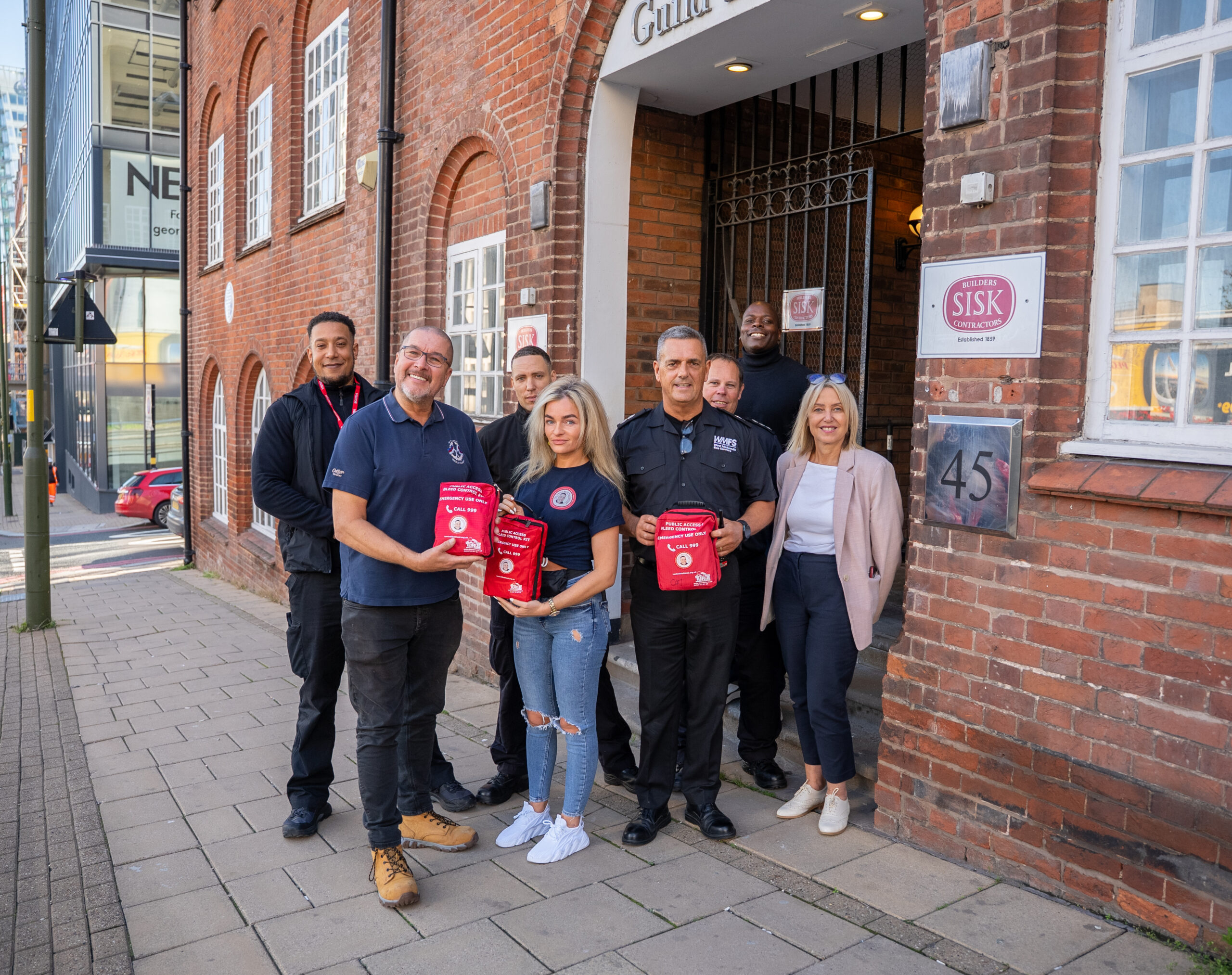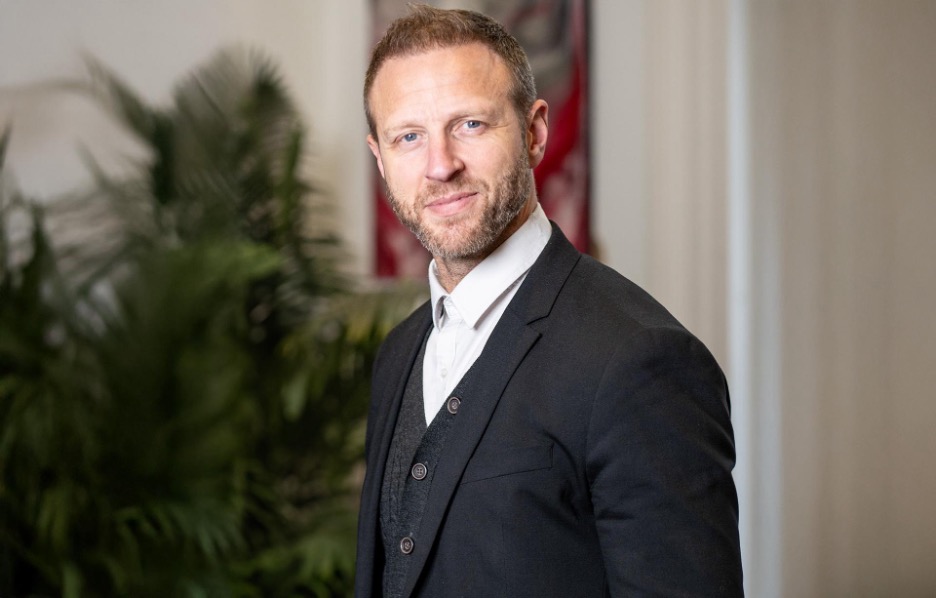Women’s History Month
23 February 2024
Every March, Women’s History Month raises awareness of the contributions women have made to events throughout history and society.
Women’s History Month is one of the most important celebrations in the equality calendar. The event recognises the achievements of female academics, adventurers, and activists who have defined society as we know it but are regularly left out of school curriculums and industry discussions.
Here we turn the microscope on five women in Birmingham who have all contributed to the history of our wonderful city. Some of these names you will have heard of, others may be new to you, but all have achieved great things and their contributions have positively impacted our society.
- Louisa Ryland, 1814 – 1889
Born in Edgbaston, Louisa Ann Ryland was one of many wealthy Birmingham people, who during the Victorian era used their prosperity to establish or improve many important institutions in our city.
Her Grandfather, John Ryland had amassed a considerable amount of money from the wire drawing trade and investing in land in Birmingham during the 18th Century. His son, Samuel Ryland inherited a large amount of land and money from his father, which he in turn bequeathed to his only child Louisa.
Her philanthropy included gifts of funding for the Birmingham School of Art, the BMI, Birmingham General and other hospitals. She donated land to build and improve various churches. Her obituary states that she provided funds for the provision of a coffee tavern in Winson Green near the prison for the purpose “of helping the friends of prisoners and prisoners themselves on release from falling victims to the temptation of drink.”
Louisa was particularly interested in helping provide healthy places for outdoor recreation for working people. So, when a scheme arose to raise funds to purchase Aston Park in the 1850s, she contributed £2,000. She also gifted the land and funds to create Small Heath Park.
In 1873 Louisa gifted 80 acres of land in her ownership to create Cannon Hill Park as well as her donation of funds for its landscaping, ornamental planting, and various recreational features. Accounts of her philanthropy suggest that she preferred her gifts to be made anonymously and without fanfare. In the case of Cannon Hill Park, she did not want the park to be named after her. She did however attend the opening which took place on 1st September 1873. Each person who visited the park on the day of its opening was given a card with her personal wording to mark the occasion:
“I have great pleasure in giving Cannon Hill Park to the Corporation of Birmingham for the use of the people of the town and neighbourhood. I would express my hope that the park may prove a source of healthful recreation to the people of Birmingham, and that they will aid in the protection and preservation of what is now their own property.”
- Lisa Clayton, 1958 –
Lisa Lyttelton, Dowager Viscountess Cobham (née Clayton) is the first British woman to sail single-handed and non-stop around the world. She was educated in Birmingham at the Church of England School for Girls, Edgbaston, and the University of Birmingham.
On 17 September 1994 Clayton set out to attempt two world records, namely ‘Fastest Sail Around the World by a Woman, Single-Handed Without Assistance’ and ‘First British Woman to Sail Single-Handed and Non-Stop Around the World. She returned on 29 June 1995, after 285 days at sea.
On her thirty-eight-foot yacht, called Spirit of Birmingham, Clayton survived the 31,000-mile (50,000 km) journey despite capsizing twice. Her vessel was named after her home city and the university which contributed over £40,000 and expertise to make it possible for Clayton to realise her dream. On 1 October 1996, Clayton was recognised as an Honorary Freeman of the City of Birmingham.
- Jessie Eden, 1902 – 1986
Born in Winson Green, Jessie Eden (née Shrimpton) was a British trade union leader and communist activist, most famous for leading between 40,000 and 50,000 households during the Birmingham rent-strike of 1939.
She convinced women at Birmingham’s Joseph Lucas motor factory to join the 1926 UK General Strike and led an unprecedented and successful strike of 10,000 factory worker women in 1931. Later in life, she served for three decades as Birmingham city’s federation of council house tenants, and she was also involved in the construction of the Soviet Union’s Moscow Metro. Her involvement in the trade unions of the Midlands led to a massive increase in women joining British trade unions.
She was a lifelong supporter of both the Transport and General Workers’ Union (T&G), and of the Communist Party of Great Britain (CPGB) of which she was a leading member.
In the 2020s, Eden was best known for her depiction in the television series Peaky Blinders, causing both controversies over how her personal life was portrayed and a renewed interest in British trade union history. Season 4 and 5 of Peaky Blinders featured the character, portrayed by actress Charlie Murphy. Although the reception was mixed, some people who had known Eden personally took offence to the way she was depicted.
- Bertha Bracey, 1893 – 1989
Born in Bournville, Bertha Lilian Bracey was an English Quaker teacher and aid worker who organised relief and sanctuary for Europeans affected by the turmoil before, during and after the Second World War. These included many Jewish children threatened by the Holocaust and rescued in the operation known as the Kindertransport. In 2010, she was recognised as a British Hero of the Holocaust.
Her father worked for the Quaker chocolate maker, Cadbury, in their model village of Bournville. She joined the Society of Friends – the Quakers – when she was about eighteen. She went to Birmingham University and, after graduating, she worked in personnel and as a teacher for five years.
In 1921, she left teaching to work at the Quaker Centre in Vienna where she founded and operated youth clubs. She enjoyed singing with young people and her work in these centres gave her good fluency in the German language and a network of many contacts. After Vienna, Bracey moved to Germany where the hyperinflation and instability of the Weimar Republic caused great hardship. At the centres in Nuremberg and then Berlin, she organised aid for the population, especially children. The provision of food to the impoverished and starving was known as the Quäkerspeisung – the Quaker feeding – and it so endeared the Quakers to the German people that it enabled them to aid refugees during the Nazi era.
- Theresa Stewart, 1930 – 2020
Theresa Stewart was a woman who made history for women, paved the way for women, was an inspiration to women and spent her life empowering women. She made a difference to everyday people, changing lives for the better, making history while making waves.
She is hugely important in the history of Birmingham and in the progression of women’s rights, but not only is she important, she was a well-loved and hugely respected individual who was always humble, always strong, forthright, compassionate, a role model, and an inspiration who always got things done, even if it was unpopular.
She was the first female leader of Birmingham City Council in 1993 until 1999. Nearly 25 years later, Theresa Stewart is still the only woman to hold the post of leader of Birmingham City Council, the biggest council in Europe. She also served as the Lord Mayor from 2000 – 2001, only the sixth woman to hold that post.
Theresa Stewart was elected as the Labour Councillor for the ward of Billesley in South Birmingham in 1970 and held that position for 32 years until she retired in 2002. But retirement for Theresa didn’t mean slowing down, in fact she was still out campaigning for the Labour party aged 87 in 2017 in the run up to the general election. She was a woman who believed, “she could do for poor people what lawyers do for rich people.” And she did, again and again.
A passionate campaigner for women’s rights, she fought to get family allowance payments paid to women, not husbands and not partners – knowing it might be the only income they received.
Theresa Stewart was also a founding member of the Birmingham Pregnancy Advisory Service, ensuring women always had the right to choose and that every child should be wanted.
Harriet Harman described her as “a pioneer for women’s equality and women’s representation, a true sister to me and others. A truly exceptional woman”.
Interested in learning more? Check out this fascinating Women’s History Month event:
- Women’s History Month: Symposium – Thursday 7 March, 6.30pm to 8.30pm, Bournville Quaker Meeting House, 65 Linden Road Birmingham B30 1JT
Celebrate Women’s History Month with a special evening of enlightening talks shining a light on some of the City’s most interesting women. Booking is essential and whilst the event is free, a small donation is suggested which will go to Birmingham and Solihull Women’s Aid, a charity that supports women and children affected by domestic violence and abuse.
More information and booking here: https://www.eventbrite.co.uk/e/womens-history-month-symposium-tickets-816733350437












